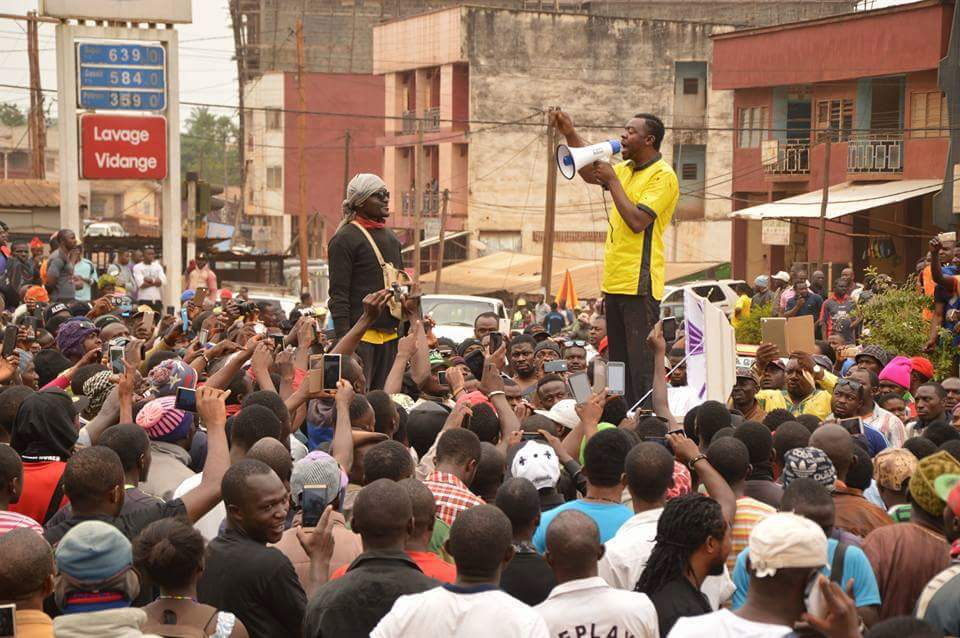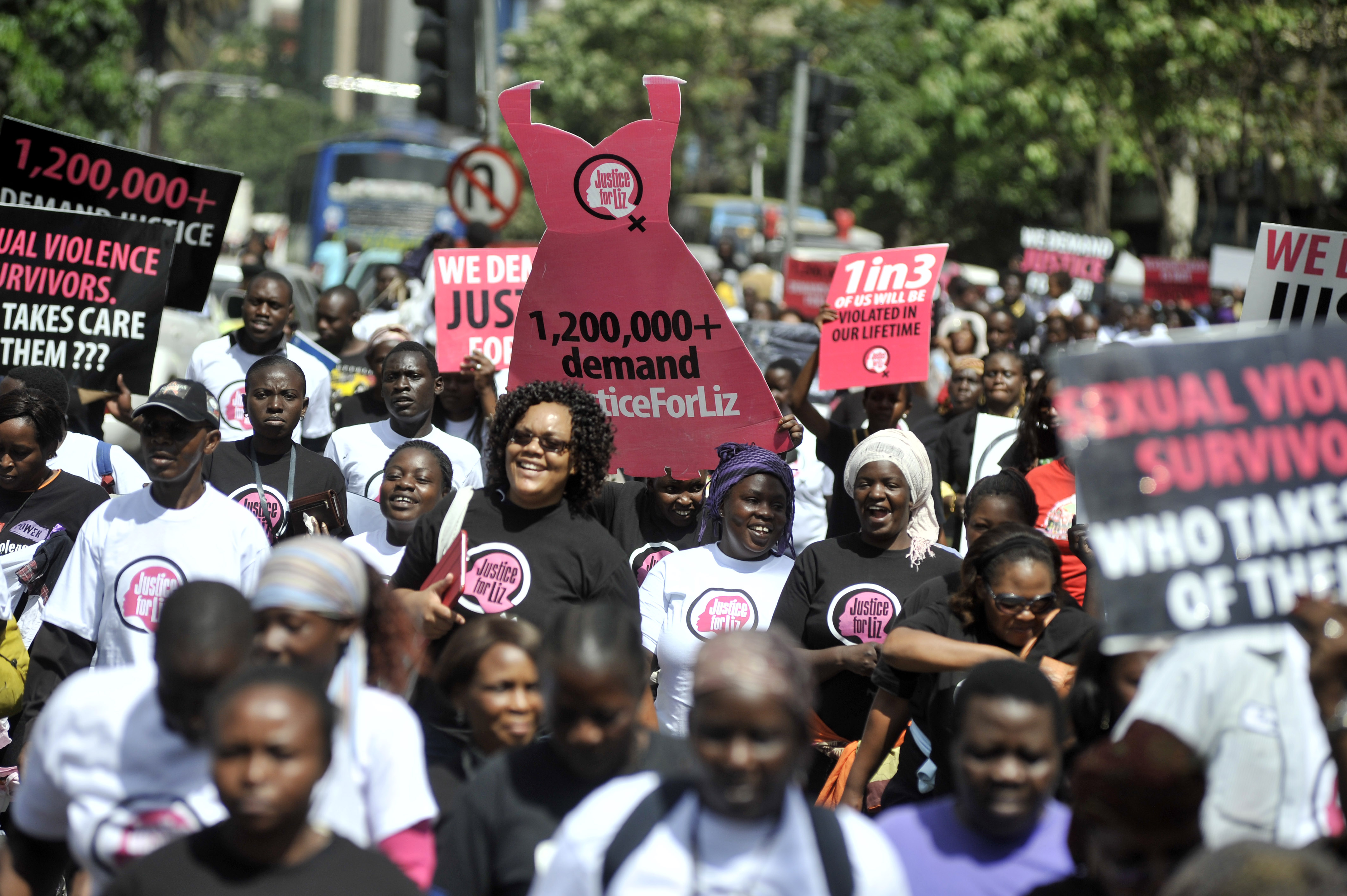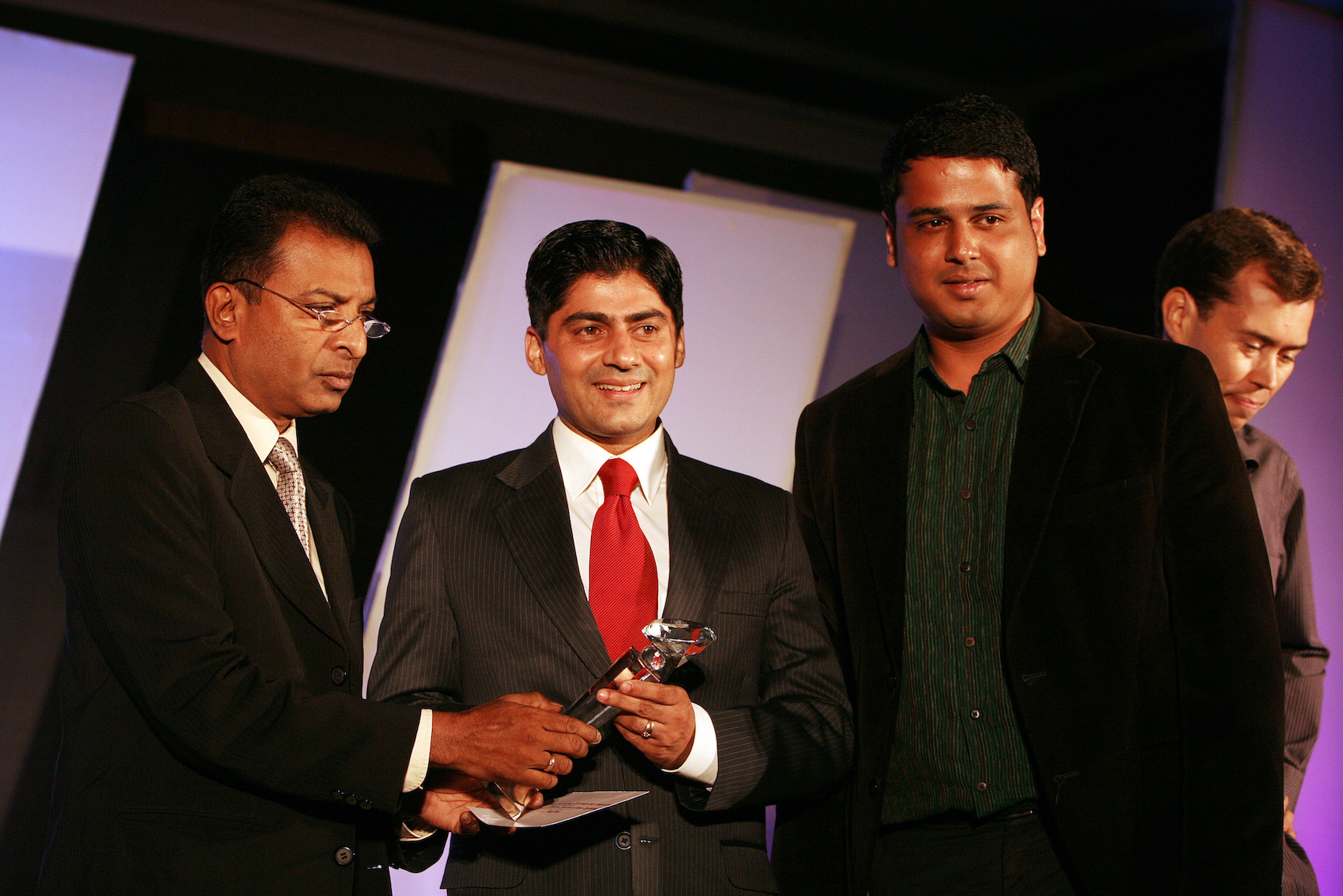خرجت علينا جريدة السفير اللبنانية مع بداية العام الجديد 2017، برسالة وداعها الأخير لكل قرائها، بعد أن كانت قد تحولت إلى العدد الإلكتروني بسبب الأزمة المالية التي أحاطت بها وبالصحافة اللبنانية بصفة عامة في الشهور الأخيرة. الرسالة التي جاءت في مقطع فيديو مدته دقيقة واحدة (1)، ظهر فيه طلال سليمان، رئيس تحريرها، يخط كلماته الأخيرة ثم يُطفئ أنوار السفير دون أن يتفوه بكلمة واحدة، تاركاً فيروز تردد من خلفه "أهو ده اللي صار وأدي اللي كان ملكش حق تلوم عليا"، في رسالة ضمنية مفادها "ما باليد حيلة".
ذلك الوداع وتلك الرسالة التي أعادت للأذهان كلمات صلاح الدين حافظ، الأمين العام السابق لاتحاد الصحفيين العرب، في وداع المنارة الإعلامية -كما كان ينعتها- "مجلة الدراسات الإعلامية" في عددها الأخير(2)، فقال في ختام وداعه لها "وداعاً أيتها الحبيبة، نوسدك في سويداء القلب كأعز الأحباب، لا الدمع يكفيك ولا الرثاء". وقد استبق تلك الكلمات بوصف ألم توقف المجلة في نفسه بقوله "التوقف.. طعنة في القلب وحربة في العقل ومرارة في الحلق، سوف تبقى ما بقي في العمر بقية". إلا أن رسالة حافظ المكتوبة في وداع مشروعه الإعلامي لم تترك لقارئها فرصة استنتاج رسائل ضمنية - كما فعل سلمان في السفير - فأعلنها صريحة في ختام وداعه "... لكن ما باليد حيلة بعد أن ضاقت السبل، وجاء الرأي القانوني والمالي بحتمية وضع النقطة الأخيرة على الحرف الأخير في السطر الأخير.. ضرورة التوقف".
بكائيات الوداع
ورغم استخدام السفير في وداعها للأغنية الحزينة والإسقاط البصري للحزن بالإظلام، والضغط على عاطفة المشاهد للوداع بالصورة والمؤثر العاطفي الغنائي، إلا أنها كانت آقل حظاً من "الدراسات الإعلامية" في الاستمالة العاطفية، فقد جنح حافظ في رسالة وداعه للعدد الأخير من المجلة إلى الاستخدام الواسع للألفاظ التعبيرية والبلاغية الضاغطة بشكل مباشر على عاطفة القارئ، فجعل مسمى العدد الأخير "مرثية نهاية المطاف"، ثم جاء إلى وصف توقف المجلة في افتتاحية العدد فوصفه بعنوان "اغتيال منارة إعلامية"، ثم زاد في وصف عملية التوقف في المقدمة فكانت أوصافه "لحظة النهاية.. احتجابها القسري.. الرحيل القسري"، واستمر في التأكيد على الأوصاف البلاغية لتوقف المجلة عن الصدور في المتن فقال فيه "إنه اغتيال وحشي لحلم كبير"، ثم تابع "قتل مع سبق الإصرار والترصد لمشروع إعلامي تنويري..". وكأن حافظ يعمد لاستنزاف قارئه معنويا، أو هكذا كان إحساسه الشخصي بالموقف فنقله غاضاً الطرف عن عقلانية ورصانة طابع المجلة.
عاطفة لا تخلو من المنطق
وعلى الرغم من سيطرة العاطفة على رسائل وداع المشروعين الإعلاميين، إلا أن احترام كل منهما لقرائها أجبر كتاب الوداع على بيان الأسباب الصريحة التي تقف وراء توقف كل منهما، فعللت السفير توقفها في مقدمة افتتاحية يوم 10 ديسمبر/كانون أول2016 تحت عنوان "كلمة من السفير".. وردَّت التوقف إلى ثلاث أسباب رئيسية هي: توقف الدخل الإعلاني كأهم الأسباب، وانحسار أرقام التوزيع، ثم إقفال الأسواق العربية في وجه الصحف اللبنانية (3)، أو ما يعرف مهنيا بتوقف توزيع الطبعة الدولية.
وهي الأسباب التي لم تختلف كثيرا عن الأسباب التي سردها حافظ لتوقف "الدراسات الإعلامية"، فكانت :
- نضوب التمويل والتوزيع الدولي: حيث شحت الموارد، وتراجع كل الذين تعهدوا بدعم وتمويل المجلة وبدأ الإنفاق الذاتي عليها من العاملين بها، ومع "البخل العربي" غير المعهود -كما وصفه حافظ- بدأ رصيد التمويل الذاتي ينفذ شهرا بعد شهر، ولم يبق على العهد إلا وزارة الإعلام المصرية التي كانت تقدم دعما معقولا للمجلة، ووزارة الإعلام السعودية التي ظلت تشتري 100 نسخة من كل عدد توزعها كما ترى.
- ضيق ذات اليد: نتيجة لنضوب التمويل، لم يستمر لدى المجلة إلا الدخل الضئيل من مبيعاتها، الذي لا يمكن أن يواجه تكاليف إصدار مجلة محترمة، خصوصا في ظل ارتفاع أسعار الورق والطباعة والتوزيع على المستوى العربي.
المال السياسي موطن الخلل
ورغم منطقية الأسباب المعلنة لتوقف السفير، إلا أن السبب الأهم من وجهة نظر كثير من الصحفيين لم تذكره الصحيفة في رسائلها، وهو تراجع التمويل السياسي إلى حدوده الدنيا، ما أكد عليه الصحفي منتصر مرعي في توضيحه للدور الذي يلعبه التمويل السياسي في الصحافة اللبنانية، فقال إن "المال السياسي الذي يتدفق على لبنان عاملا مهما في تحريك عجلة الصحافة. تكاد لا تجد قناة تلفزيونية أو صحيفة إلا وتتكىء على هذا الطرف السياسي أو ذاك، وهذه الأطراف تتلقى بدورها الأموال من الخارج حسب تبعيتها السياسية وتقاطع المصالح داخل وخارج لبنان. ومع نضوب موارد المال إما بسبب تدني أسعار النفط، أو الأزمات الاقتصادية العالمية، أو استنزاف الحروب في سوريا واليمن والعراق، فإن معظم وسائل الإعلام تأثرت كثيرا لاسيما وأن فاتورة التشغيل تتجاوز ما يحققه سوق الإعلان" (4).
وهكذا كان توقف التمويل السياسي للصحف ووسائل الإعلام هو السبب الجلي في الأزمة التي تعصف بتلك الصحف، وهو السبب الذي يمثل شرخاً كبيراً في البناء المهني للصحافة في أي بلد في العالم بصفة عامة وفِي الوطن العربي بصفة خاصة، فالممول صاحب التوجه هو من يملك القدرة على لي ذراع المؤسسة التي يمولها ليجبرها على السير في الخط الذي يضعه لها، وقد هاجم الكثير من زملاء المهنة جريدة السفير لحظة التوقف، فوصفوها صراحة بموالاة النظام الأسدي في سوريا على حساب ألاف الضحايا بسبب تقديمه وحزب الله - الجناح السياسي المساند له في لبنان - التمويل لها.
ورغم أن تلك الأزمة لم تطل مجلة الدراسات الإعلامية، إلا أنها جاءت كعامل ضغط قوي ساهم في تفاقمها.. فوفقاً لحافظ، وضعت إدارة المجلة بين ثلاثة خيارات صعبة: فإما التمسك بإصدار مجلة تتميز بالموضوعية والمصداقية وتحافظ على التقاليد المهنية والإعلامية المعتبرة حتى النهاية، أو إخضاعها للمتاجرة في سوق المزايدة والاستقطابين السياسي والحكومي، أو بيعها لرأس المال ورجال الأعمال لاحتكارها، فكان الحفاظ على المجلة كأمانة مهنية والتمسك بالمبدأ الذي أنشأت من أجله هو الاختيار الصعب الذي اختارته الإدارة، رغم الإغراءات والعروض الكثيرة التي عرضت عليها.
فقد آثرت إدارة المجلة - التي لم تكن تابعة لجهة أو طرف دون الأخر منذ نشآتها- التوقف النظيف بديلا عن الاستمرار الخاسر، حيث كانت المجلة طيلة أكثر من ربع قرن تصدر عن المركز العربي للدراسات الإعلامية للتنمية والسكان، الذي كان مركزا مستقلا عن الحكومات مدعوما من الأمم المتحدة في التأسيس والانطلاق، وقد تعاون على إصدارها فريق كبير من الصحفيين مثلوا معظم الدول العربية، ثم تعهدت عدة دول عربية بدعمها وتمويلها، فكانت مصادر التمويل المتعددة تنأى بالمجلة عن التبعية لأي جهة، وهكذا استمرت إلى أن تخلى عنها معظم مموليها، فكان التوقف بديلا عن الامتهان - كما كان رأي الأستاذ حافظ.
نهاية مشتركة
رحلت "السفير" وقبلها رحلت "الدراسات الإعلامية"، وبينهما رحلت الكثير من التجارب الإعلامية، لم يحمي أيا منها توجها أو سياسة أو مبدأ، فجميعها مرهونة بقضية التمويل مستمرة متى استمر، فكما لم يحمى تاريخ السفير من أزمة التمويل التي قضت عليها، ولم يشفع لها خضوعها للممول السياسي بسبب أزمات الممول ذاته، فيما لم تجد الدراسات الإعلامية في خطها المهني وتخصصها الرصين في الدفاع عن قيم المهنية والحرفية وحرية الصحافة، لم تجد في ذلك طوق نجاة يحميها من الغرق وسط أمواج عاتية في واقع إعلامي يجنح نحو التشوه والانحدار أكثر من الارتقاء والسمو. رحلت كلتاهما، اغتيلت أو قتلت أو ماتت - لا يهم، إنما الأهم أن مرثياتهما كانت تؤكد وجود بصمات الممول فوق نعشيهما.
هوامش
- https://m.youtube.com/watch?v=E7JiwtCzFs4
- لاح الدين حافظ ، اغتيال منارة إعلامية، الدراسات الإعلامية: مرثية نهاية المطاف، العدد الأخير (يوليو- ديسمبر 2006)، المركز العربي الإقليمي للدراسات الإعلامية للسكان والتنمية.
- http://m.assafir.com/Article/519985/MostRead
- http://training.aljazeera.net/ar/ajr/opinion/2016/09/160925172423495.html
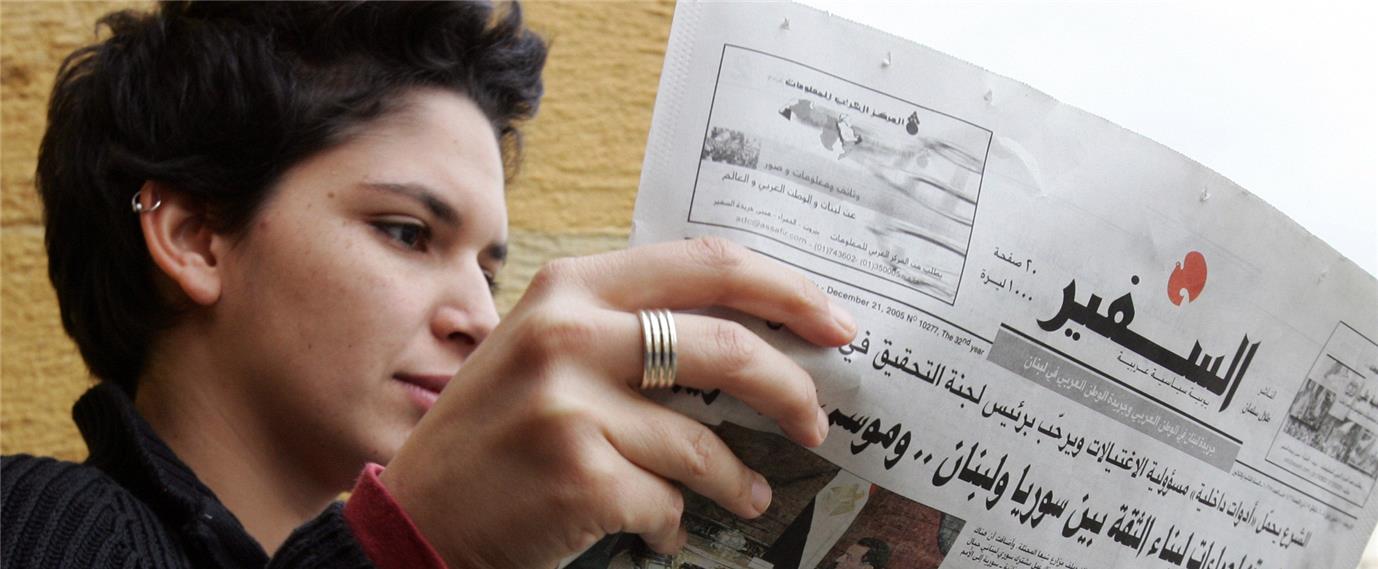

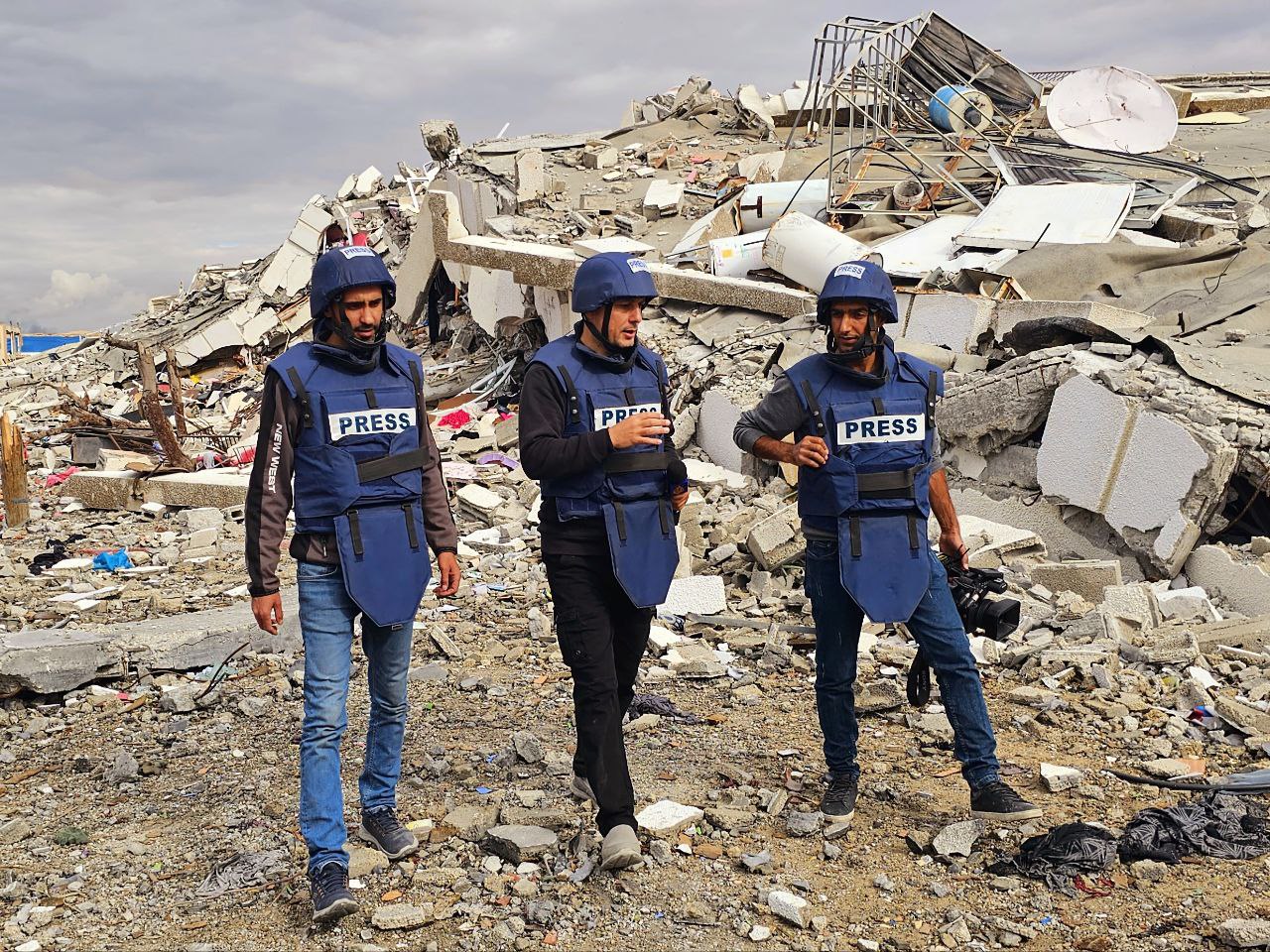




























![A demonstration against Israel's war on Gaza on Paulista Avenue in São Paulo on November 4, 2023, draws attention to the deaths of children while the media focuses on the war against terrorists. [Photo: Lina Bakr]](/sites/default/files/ajr/2024/Picture1.png)

